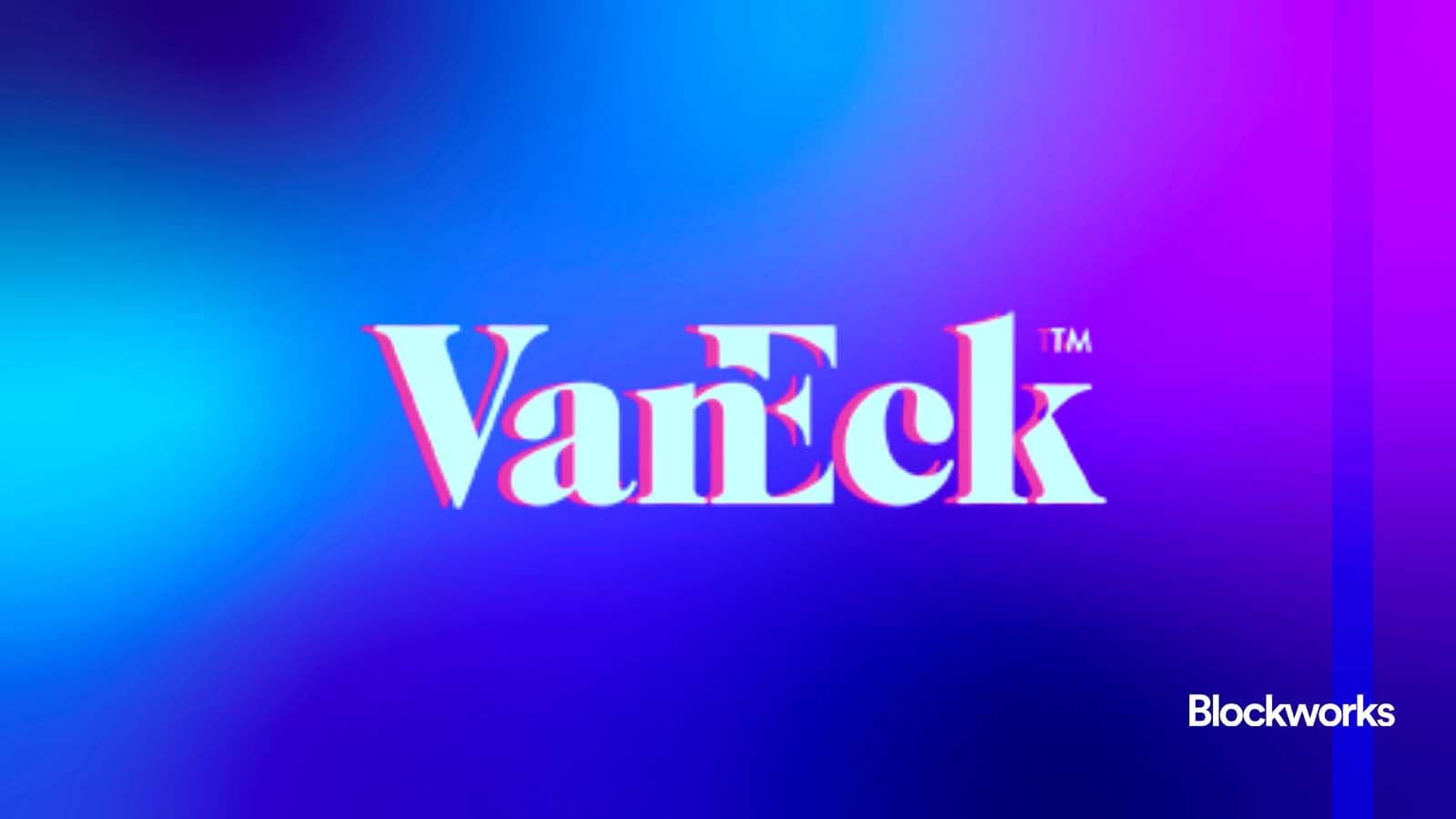VanEck Invests $2.5 Million in DAWN to Revolutionize Internet Access

VanEck has announced a significant investment of $2.5 million into DAWN, a decentralized internet service provider (DePIN) project developed by Andrena. This funding comes from VanEck’s Digital Assets Alpha fund and VanEck Ventures, marking a notable moment as it is the first instance where multiple funds within VanEck have directly invested in the same company. This latest round follows a previous successful raise of $18 million by Andrena in August. Neil Chatterjee, CEO of Andrena, emphasized that DAWN is designed to leverage the ongoing shift from wired to wireless internet, particularly with the advancements of 5G and Starlink technology, aiming to empower households to own and benefit from their own networks.
The innovative hardware developed by DAWN allows users to share internet access regardless of their current service provider, enabling individuals with underutilized bandwidth to monetize their excess capacity without the complexities of customer acquisition. The $2.5 million investment will be utilized to enhance retail engagement and facilitate the creation of mini-networks for internet sharing, with an eye towards expanding DAWN’s user base beyond its current stronghold in the United States. Chatterjee’s team is actively seeking partnerships with data centers, internet service providers, and real estate companies to rapidly scale their operations.
VanEck Ventures views DAWN as a competitive product that challenges the monopolistic tendencies of traditional internet service providers. General partner Wyatt Lonergan highlighted that the project not only aims to provide consumers with a superior product but also empowers them by turning users into owners through tokenization. This approach is intended to foster network effects that enhance the overall service. Lonergan expressed confidence in the DAWN team, noting that the simplicity of WiFi makes the project more accessible to mainstream audiences compared to other crypto initiatives. Overall, the investment aligns with VanEck’s strategy of supporting innovative, early-stage projects with the potential for significant impact in the market.
Related News





